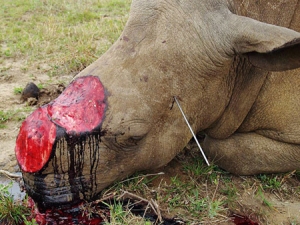Seth Victor
In a move to join Arizona, California, Colorado, Florida, Maine, Michigan, Ohio, Oregon, and Rhode Island, the New Jersey Assembly passed a bill 60-5 last Thursday to ban gestation crates for pigs. A similar bill already having passed in the state senate 35-1, the measure now awaits Gov. Chris Christie’s signature. Though a progressive step forward for animal protection, the bill, while giving a thorough definition of the kinds of confinement banned, still allows for the common exceptions. Gestating pigs can still be confined for “(1) medical research, (2) veterinary examination, testing, individual treatment, or an operation, (3) transportation of the animal, (4) an exhibition or educational program, (5) animal husbandry purposes, provided the confinement is temporary and for no more than six hours in any 24-hour period, (6) humanely slaughtering of the animal in accordance with the laws, and rules and regulations adopted pursuant thereto, concerning the slaughter of animals, and (7) proper care during the seven-day period prior to the expected date of the gestating sow giving birth.” While there is a rational basis for all of these exceptions, broad ones such as “veterinary examination” seem ripe for abuse (or at least a defense), and animal testing gets its typical pass with the “medical research” caveat. Still, there is a disorderly persons misdemeanor where once there was none, and groundwork to phase out a particularly thorny issue in CAFOs. Continue reading
Filed under: animal advocacy, animal cruelty, animal ethics, animal experimentation, animal law, animal law education, animal rights, animal welfare, factory farms | Tagged: animal abuse, animal advocacy, animal cruelty, animal ethics, animal experimentation, animal law, animal rights, animal suffering, animal welfare, CAFOS, Chris Christie, dogs, factory farms, farmed animals, gestation crates, Moose's Law, New Jeresy, New Jersey Assembly, Patrick's Law, pigs, Schultz's Law | 5 Comments »












